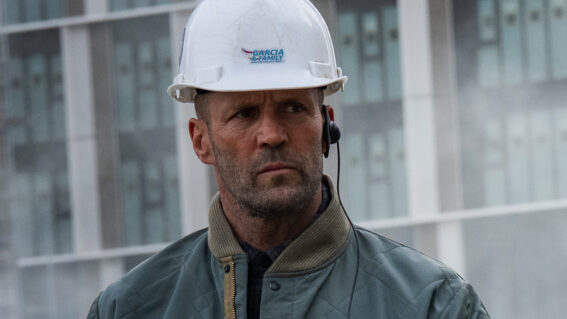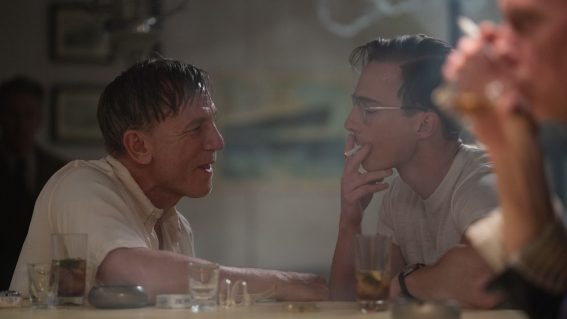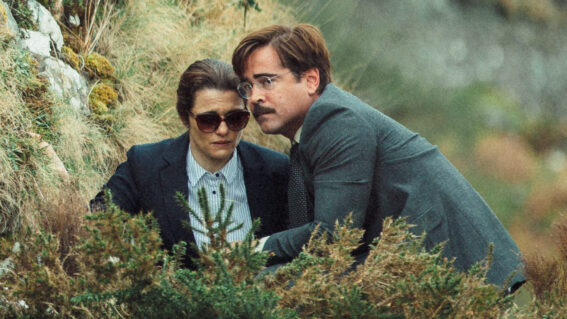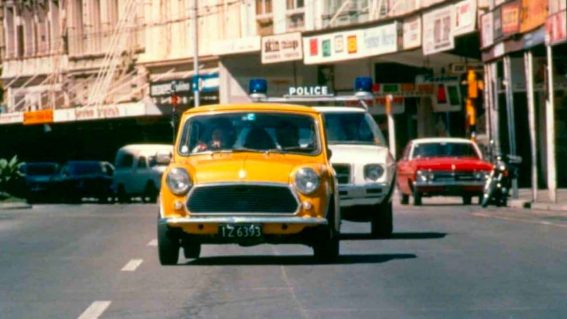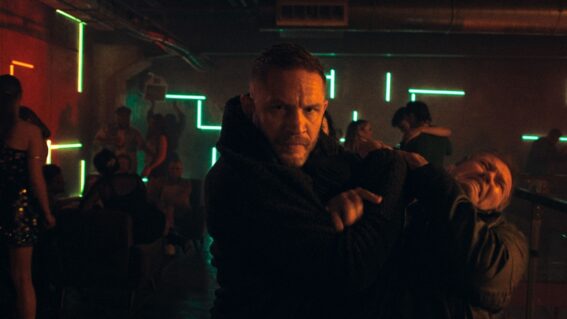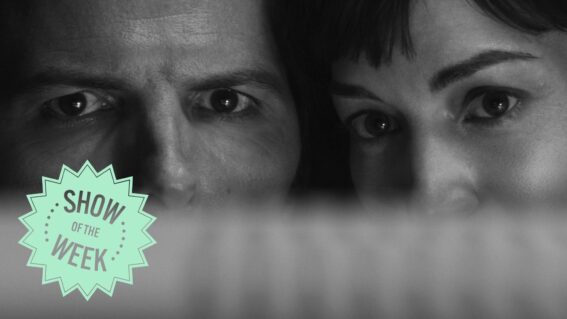The horrors of social media, Hollywood’s new bad guy
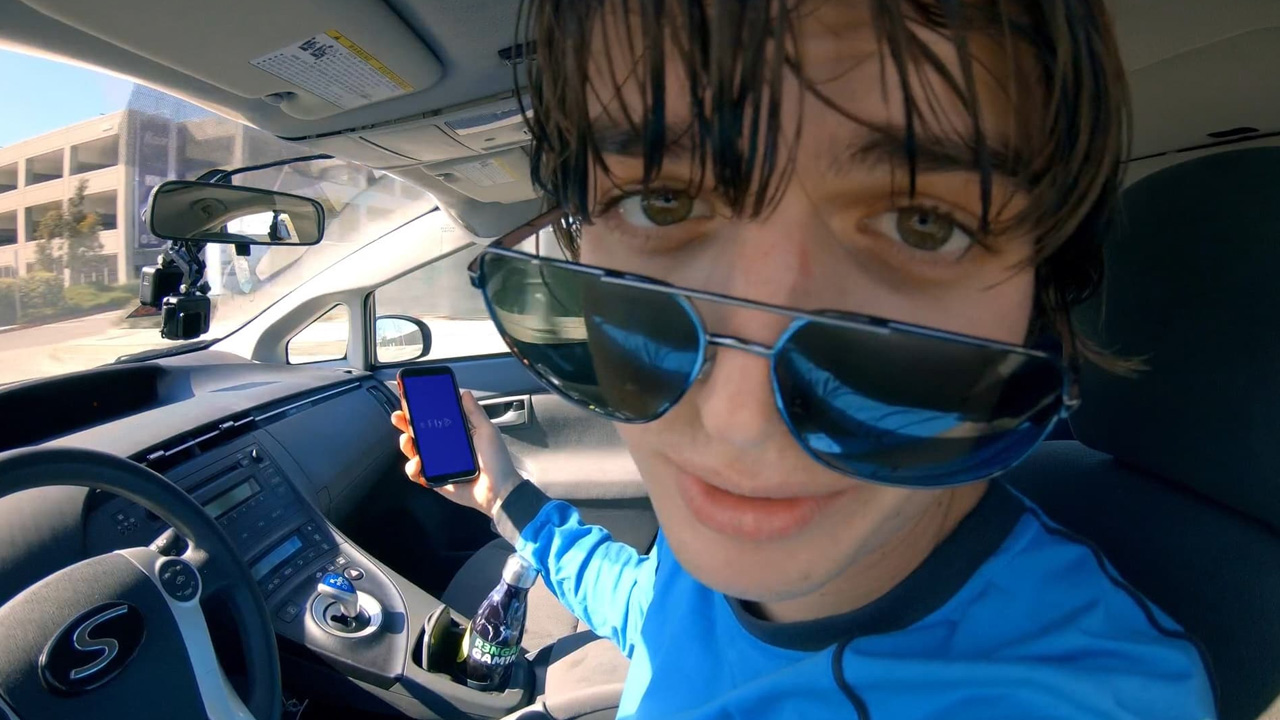
Who would have thought social media would have produced so many good movie monsters? Turns out, a lot of filmmakers did. David Michael Brown takes a look at the role of social media in some of the most impactful horrors and thrillers from the past few years.
Relentless knife-wielding maniacs! Rotting flesh-eating zombies! Well-coiffured bloodsuckers! Marauding monsters! The horror genre has happily relied on a rogue’s gallery of terror tropes to scare audiences. Until now, that is. For modern cinema goers, the prospect of being unfriended is far more terrifying than being bitten by a vampire. Now Hollywood has a new bad guy!
We are constantly being warned about the perils of social media. Trolling, grooming, cyberstalking and catfishing have become part of the modern vernacular as our lives become more and more self-absorbed, constantly illuminated by the dim light of our smartphones. The world wide web used to be a haven for creativity, freedom of opinion and family and friends, or so we thought. Back in the good old days, you could happily “poke” friends without risk of incrimination. Now our privacy is in jeopardy, our politics are on display, and we are sharing web space with sociopaths.
Now low-budget Aussie horror Sissy has hit the big screen with plenty to say about the small screen. And influencers, in particular. The Bold Type star Aisha Dee plays Cecilia, an influencer and self-professed “mental health advocate” on the cusp of the big time, who is reunited with her best friend in school after a decade apart. After bumping into each other, Emma invites Cecilia to her hen’s weekend away in an idyllic country retreat, the guest list of which includes a high school bully who made Cecilia’s life a misery. Soon, the trendsetter has blood on her hands. The vicious final bloodbath only matched by her ascent to internet stardom. Her social media likes have a bodycount.
In 2005, David Slade’s all-too-prescient Hard Candy warned us of the terrors lurking beneath seemingly benevolent identities in online chatrooms. Flipping audience expectations by playing with the idea of the predator, this taught sinewy thriller starred a young Elliot Page as Hayley, a savvy, precocious teenage girl who has arranged a “date” with successful photographer Jeff (Patrick Wilson) whom she met online. They drink coffee. They flirt. She drugs him, ties him up and tortures him. Jeff has a sinister past and Hayley is going to make him confess. Playing like Takashi Miike’s Audition, Hard Candy was a cautionary tale that we should have been watching and taking note. No one is who they seem online.
Chatrooms reared their ugly head again in 2014. Unfriended played like a found footage terror but adding the grainy supernatural tropes of The Blair Witch Project and Paranormal Activity with footage almost entirely seen through a MacBook screen. A video of Laura Barnes was posted anonymously online. The contents are so shocking that the young girl commits suicide three days later rather than face the shame and public humiliation. On the anniversary of her death, someone claiming to be Laura infiltrates an online chat between a bunch of her teenage friends. Soon, the participants are drinking bleach and sticking their hands in blenders. Never has watching panicked people typing been so tense.
Filmed entirely on computer screens and smartphones, Searching (2018) took a more emotive approach, telling the story of a desperate father turned online sleuth who is frantically searching for his 16-year-old daughter, Margot (Michelle La), by tracing the digital footprints she has left on social media. With Harold & Kumar Go to White Castle straight guy John Cho—the first Asian-American actor to headline a mainstream American thriller—giving an absorbing performance, the urgency of his situation is made even more frantic by the flurry of webpages, video chats and messages that bombard the screen.
Gonzo satire Spree, released in 2020, starred Steve “The Hair” Harrington from Stranger Things aka Joe Keery and follows a social media-obsessed rideshare driver who has been unsuccessfully posting for almost ten years, his videos barely making double figures. Then he has a unique idea to make his account Kurtsworld96 go viral. He live-streams himself murdering passengers. Skewering influencers by exploring the same desperation for success that Sissy portrays so well, Spree comments on how jaded we are watching content online and on the flip side, how far content makers are willing to go, often demeaning themselves, to get eyeballs on screens. It’s bloody and brash and boasts The O.C.’s Mischa Barton, Scream star David Arquette and SNL alumni Kyle Mooney amongst the hit-clicking victims.
In an even more extreme case of social media violence, Guns Akimbo (2019) sees Daniel Radcliffe revelling in the chance to get his hands dirty as the film’s antihero. He gleefully plays a computer programmer who becomes an unwitting contestant in a “to-the-death” online competition when he insults the company behind live-streaming real death matches. He is drugged, has guns bolted to his hands, and is pitted against the game’s deadliest and craziest killer Nix, played by Aussie Samara Weaving displaying the same deranged bloodlust that made Matt Bettinelli-Olpin and Tyler Gillett’s Ready Or Not (2019) so memorable. Played for laughs as much as malicious mayhem, filmmakers are now seeing the funny side of our obsession.
From the tweet storm that is Zola (2020) and the INSTA obsessions of Ingrid Goes West (2017) to the faux Parisian holidaying of Not Okay (2022) and a dad catfishing his son in I Love My Dad (2022), all have used increasingly pitch-black humour to warn us of the problems of oversharing. The computer or phone screen is so often our window into the story that it is now a well-worn and glitchy cinematic cornerstone. Luckily with horror films like Sissy viciously satirising social media, the genre is making audiences think about who they follow.

